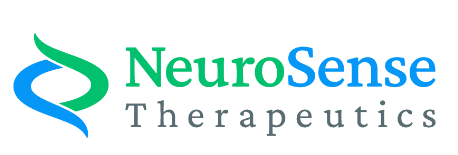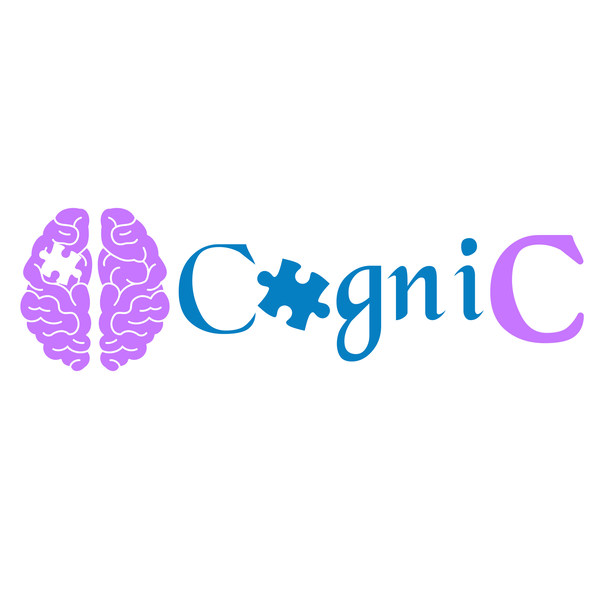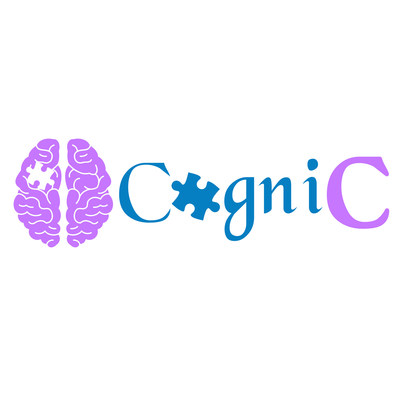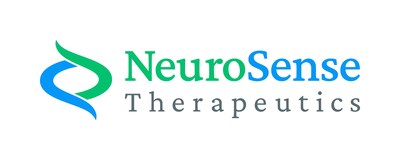- Biomarkers show the potential of NeuroSense's combination drug CogniC to treat Alzheimer's disease
- CogniC is expected to advance into clinical trials in 2023
CAMBRIDGE, Mass., June 30, 2022 /PRNewswire/ -- NeuroSense Therapeutics Ltd. (NASDAQ: NRSN) ("NeuroSense"), a company developing treatments for severe neurodegenerative diseases, today announced results from a biomarker study conducted to evaluate the potential of CogniC, NeuroSense's combination drug for the treatment of Alzheimer's disease (AD).
NeuroSense's biomarker study identified several biomarkers associated with AD, which indicate CogniC's mechanism of action may be effective in targeting the pathways involved in the disease, such as miRNA dysregulation, lysosomal dysfunction, and impaired autophagy. Additionally, hallmarks of AD were detected, such as increased levels of amyloid-β (Aβ) and intracellular aggregates of tau protein among the panel of biomarkers evaluated.
Preliminary results revealed high levels of TDP-43 in people who suffer from AD, when compared to the healthy control group. These findings provide additional support for TDP-43 pathology as an integral part of AD, reinforcing the growing body of evidence in AD research regarding the role of TDP-43 in neurodegenerative pathologies. TDP-43 has been found in up to 57% of AD cases and aggregates of TDP-43 have been shown to be cytotoxic both in vitro and in vivo. [1] NeuroSense's platform combination therapy technology, the basis of CogniC, has already shown to impact TDP-43 in a Phase IIa clinical trial biomarker study in another neurodegenerative disease, amyotrophic lateral sclerosis (ALS).
"Having identified these promising biomarkers, which have the potential to be modulated by CogniC, we are now preparing to carry out a clinical proof-of-concept study in conjunction with a leading AD clinic. The study is expected to commence in 2023," stated NeuroSense CEO, Alon Ben-Noon.
NeuroSense is conducting its AD biomarker study via utilization of Neuron-Derived Exosomes (NDE), a cutting-edge technology which allows one to observe key alterations in biomarkers found in the central nervous system in a non-invasive manner via collection of blood samples. Following further analysis, NeuroSense expects to share more detailed results on additional novel biomarkers that were evaluated in this study through scientific conferences and peer-reviewed publications.
About TDP-43
Transactive response DNA binding protein of 43 kDa (TDP-43) is involved in regulation of gene expression. AD patients with TDP-43 pathology have increased severity of cognitive impairment compared to those without TDP-43 pathology. Additionally, the strongest genetic risk factor for AD, apolipoprotein E4 (APOE4), is associated with increased frequency of TDP-43 pathology.[1]
About Alzheimer's Disease
Alzheimer's disease (AD) is a brain disorder that slowly destroys memory and thinking skills. AD is the most common cause of dementia, a general term for memory loss and other cognitive abilities serious enough to interfere with daily life. Alzheimer's disease accounts for 60-80% of dementia cases. The global AD treatment market is expected to grow to $5 billion in 2022.
About CogniC
CogniC is a combination drug for the treatment of Alzheimer's disease and is based on NeuroSense's combination platform technology. The lead drug candidate in that platform is PrimeC, which is currently being evaluated in a Phase IIb study for the treatment of amyotrophic lateral sclerosis (ALS).
About NeuroSense
NeuroSense Therapeutics, Ltd. is a clinical-stage biotechnology company focused on discovering and developing treatments for patients suffering from debilitating neurodegenerative diseases. NeuroSense believes that these diseases, which include amyotrophic lateral sclerosis (ALS), Alzheimer's disease and Parkinson's disease, among others, represent one of the most significant unmet medical needs of our time, with limited effective therapeutic options available for patients to date. Due to the complexity of neurodegenerative diseases and based on strong scientific research on a large panel of related biomarkers, NeuroSense's strategy is to develop combined therapies targeting multiple pathways associated with these diseases.
For additional information, we invite you to visit our website and follow us on LinkedIn and Twitter.
Forward-Looking Statements
This press release contains "forward-looking statements" that are subject to substantial risks and uncertainties. All statements, other than statements of historical fact, contained in this press release are forward-looking statements. Forward-looking statements contained in this press release may be identified by the use of words such as "anticipate," "believe," "contemplate," "could," "estimate," "expect," "intend," "seek," "may," "might," "plan," "potential," "predict," "project," "target," "aim," "should," "will" "would," or the negative of these words or other similar expressions, although not all forward-looking statements contain these words. Forward-looking statements are based on NeuroSense Therapeutics' current expectations and are subject to inherent uncertainties, risks and assumptions that are difficult to predict and include statements regarding the company's CogniC development program; the potential for CogniC to safely and effectively target AD; preclinical and clinical data for CogniC; the timing of current and future clinical trials; the nature, strategy and focus of the company and further updates with respect thereto; and the development and commercial potential of any product candidates of the company. Further, certain forward-looking statements are based on assumptions as to future events that may not prove to be accurate. Forward-looking statements contained in this announcement are made as of this date, and NeuroSense Therapeutics Ltd. undertakes no duty to update such information except as required under applicable law.
[1] Meneses, A., Koga, S., O'Leary, J. et al. TDP-43 Pathology in Alzheimer's Disease. Mol Neurodegeneration 16, 84 (2021). https://doi.org/10.1186/s13024-021-00503-x
Photo: https://mma.prnewswire.com/media/1851086/CogniC.jpg
Logo: https://mma.prnewswire.com/media/1707291/NeuroSense_Therapeutics_Logo.jpg
SOURCE NeuroSense






